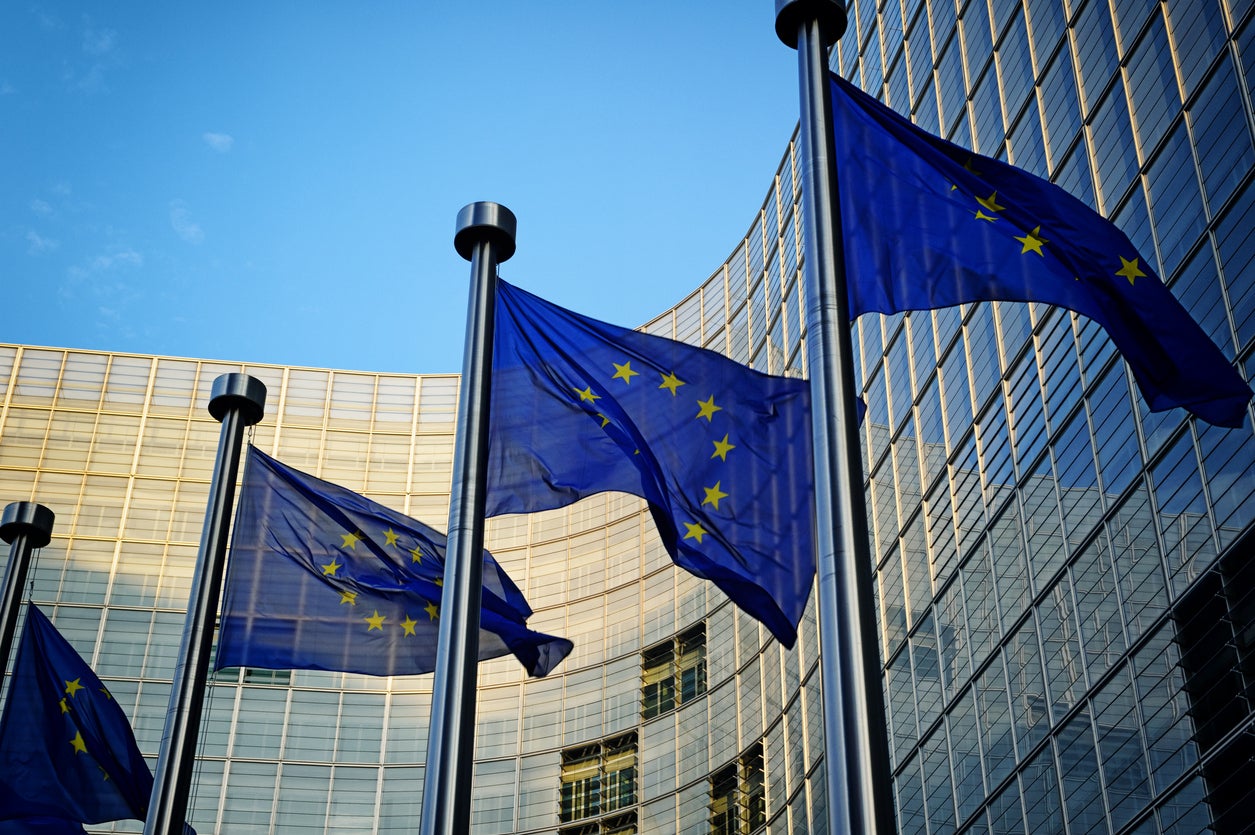EU finally drops flight ban on southern Africa
Bloc kept ban for six weeks after panic around the Omicron variant

The EU yesterday dropped its travel ban on arrivals from seven southern African countries after more than six weeks.
The French EU presidency announced that the 27 member states had agreed “to lift the emergency break to allow air travel to resume with southern African countries.”
Travel can now resume from Botswana, Eswatini, Lesotho, Mozambique, Namibia, South Africa and Zimbabwe.
However, EU officials warned that arrivals from these countries may be subject to tighter entry requirements on vaccine status or testing, with states free to set their own rules.
Like several nations, including the UK, the EU imposed a ban on South Africa and its neighbours after the Omicron variant was first detected in southern Africa in November.
However, countries including the UK and the US lifted their travel bans in December once Omicron became prevalent abroad, and more was known about the transmissibility and severity of the variant.
The EU’s commissioner for justice Didier Reynders had told Reuters in late November that Brussels was keen to lift the “inefficient” ban, after cases of Omicron became widespread in many European countries.
But EU member states were reluctant to reverse the ban, Reynders told reporters.
Meanwhile, several tourism-dependent African nations were hit hard by the multiple travel bans imposed in late 2021.
South Africa’s tourism industry had already suffered a more than 70 per cent drop in foreign tourists in 2020, with Covid-19 blamed for the drop from about 15 million visitors in 2019 to less than 5 million in 2020. Tourism employs about 4.7 per cent of South Africa’s workforce.
South African president Cyril Ramaphosa criticised the travel bans imposed by Britain and many others as hasty, calling them “hypocritical, harsh and not supported by science.”
The Archbishop of Canterbury also supported calls for the lift of travel bans on certain countries, saying, “We cannot have ‘travel apartheid’”.
“The only route out of this pandemic is #VaccineEquity. We must end vaccine nationalism and stockpiling. We must get vaccines distributed in countries that need them the most,” tweeted the Archbishop last month.
Join our commenting forum
Join thought-provoking conversations, follow other Independent readers and see their replies
Comments
Bookmark popover
Removed from bookmarks